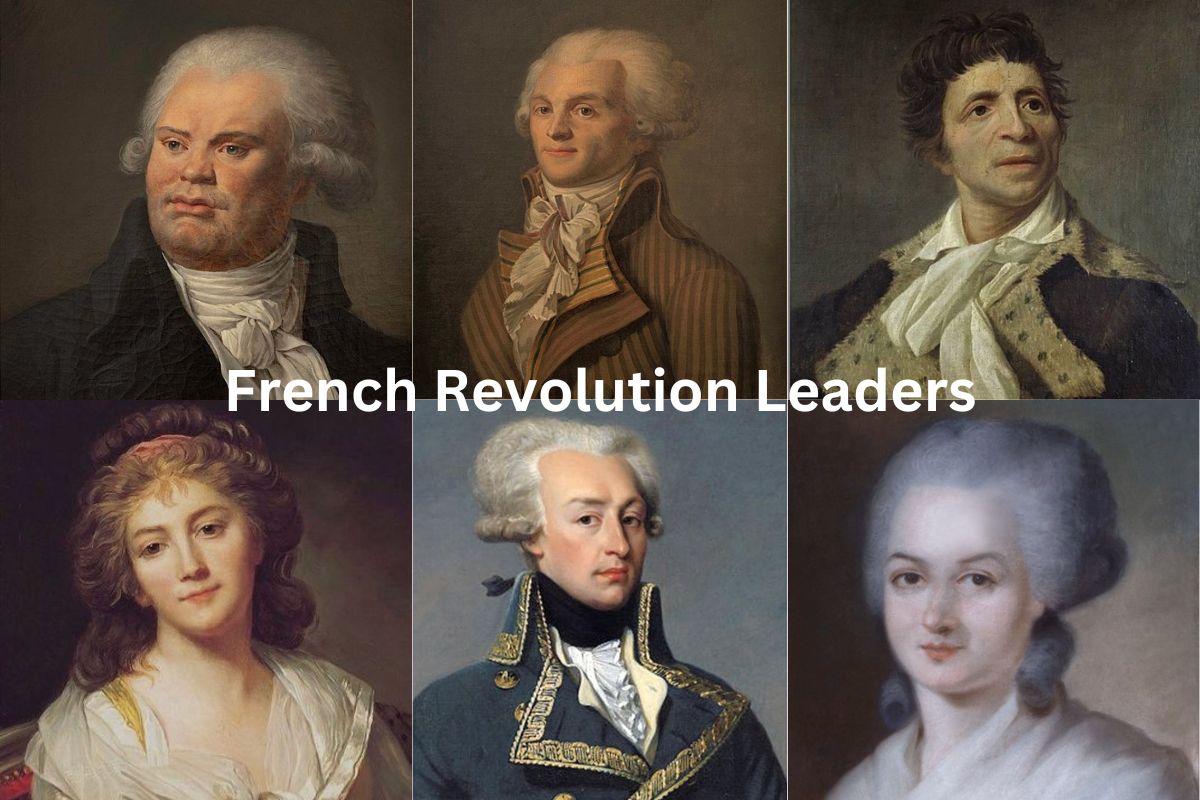The French Revolution, spanning from 1789 to 1799, was a seismic period of upheaval that reshaped the political, social, and cultural landscape of France and reverberated globally.
A fervent quest for liberty, equality, and fraternity ignited widespread discontent with the monarchy’s oppressive rule, setting in motion a series of events that led to radical changes and the rise of new leaders.
From charismatic orators like Maximilien Robespierre and fiery figures like Georges Danton, to the symbolically significant Louis XVI and Marie Antoinette, the revolution’s stage was crowded with individuals who championed divergent visions for France’s future.
Amidst this upheaval, thinkers like Olympe de Gouges and Pauline Léon advocated for women’s rights and broader societal transformation.
The French Revolution’s multifaceted leadership cast illuminated the complex interplay of ideals, power struggles, and historical forces that culminated in the dawn of modernity.
French Revolution Leaders
1. Maximilien Robespierre
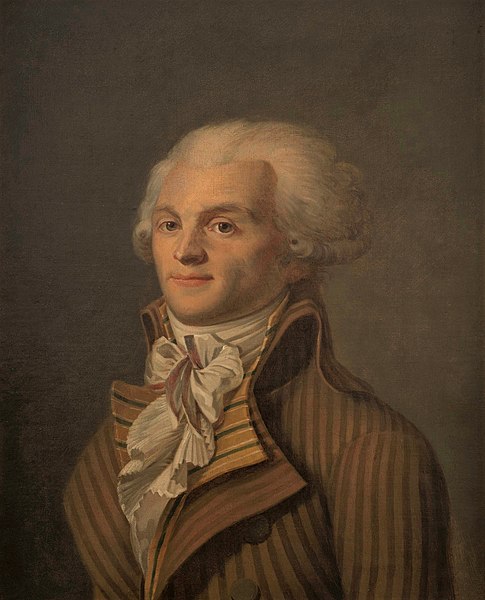
Maximilien Robespierre, often referred to as “The Incorruptible,” was one of the most influential figures of the French Revolution. Born in 1758, he was a lawyer by profession and a member of the Jacobin Club, a revolutionary political club that played a significant role in shaping the course of the revolution.
Robespierre was known for his impassioned speeches and his unwavering commitment to revolutionary ideals, including liberty, equality, and fraternity.
He advocated for the rights of the common people and was a driving force behind the Reign of Terror, a period marked by intense political repression and mass executions of perceived enemies of the revolution.
Robespierre’s influence reached its peak during the Committee of Public Safety’s rule, which he was a part of. He used this position to consolidate power and suppress dissent. However, his radical policies and his role in the executions of many, including fellow revolutionaries, led to his own downfall.
In 1794, mounting opposition and concerns about his authoritarian tendencies culminated in his arrest. Robespierre and his associates were tried and executed on July 28, 1794 (10 Thermidor in the revolutionary calendar), marking the end of the Reign of Terror.
2. Georges Danton
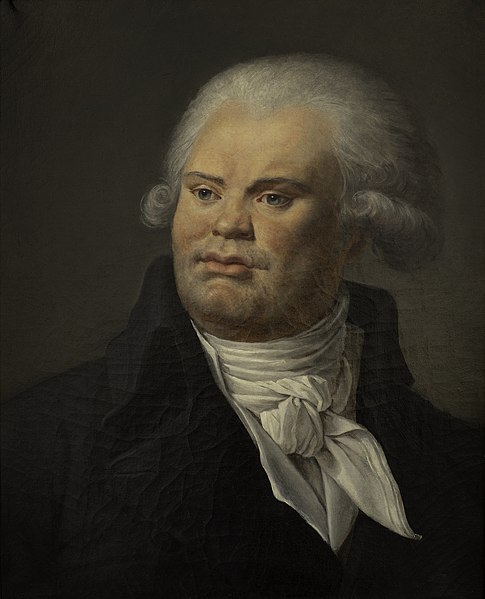
Georges Danton was another significant leader during the early stages of the revolution. Born in 1759, he came from a more modest background compared to some other revolutionaries. Danton was known for his powerful oratory skills and his ability to rally the masses.
Danton initially advocated for more moderate reforms, focusing on improving the lives of the common people. He played a key role in the overthrow of the monarchy and the establishment of the First French Republic in 1792. As a member of the Committee of Public Safety, he was instrumental in organizing the defense of France against foreign invaders.
However, as the revolution became more radical, Danton found himself in conflict with Robespierre and his supporters. Danton favored a moderation of the radical measures and a focus on economic stability. This put him at odds with the growing extremism of the time.
In 1794, during the Thermidorian Reaction, Danton was arrested along with his associates. He was tried, found guilty of corruption and conspiracy, and executed on April 5, 1794 (16 Germinal in the revolutionary calendar).
His death marked a turning point in the revolution, leading to the downfall of the Committee of Public Safety and a shift away from the extreme measures of the Reign of Terror.
3. Jean-Paul Marat
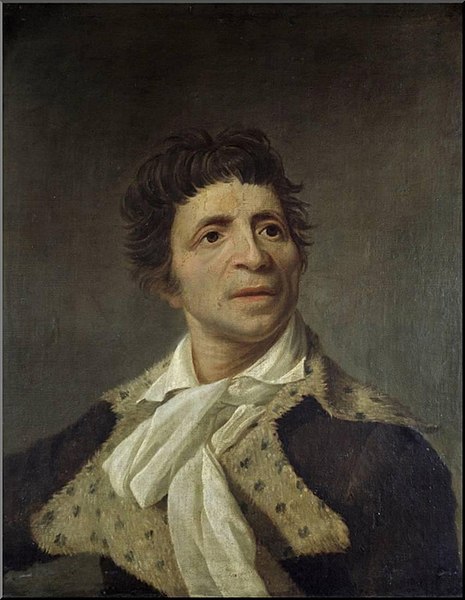
Jean-Paul Marat was a physician, journalist, and political activist known for his radical views and fiery rhetoric. Born in 1743, he used his newspaper, “L’Ami du peuple” (The Friend of the People), to denounce perceived enemies of the revolution and advocate for more direct and violent methods to achieve its goals.
Marat’s writing was particularly incendiary, and he often called for the execution of those he deemed traitors to the revolution.
He played a role in fomenting public anger and played a part in the radicalization of the revolution. Marat’s words contributed to the atmosphere of violence that characterized the Reign of Terror.
However, Marat’s life was cut short when he was assassinated by Charlotte Corday, a Girondin sympathizer, in 1793. His death elevated him to the status of a martyr for the revolutionary cause, further fueling radical sentiment.
These three leaders—Robespierre, Danton, and Marat—each left a significant mark on the course of the French Revolution, representing different facets of the complex and evolving nature of the revolutionary movement.
4. Lafayette (Gilbert du Motier)
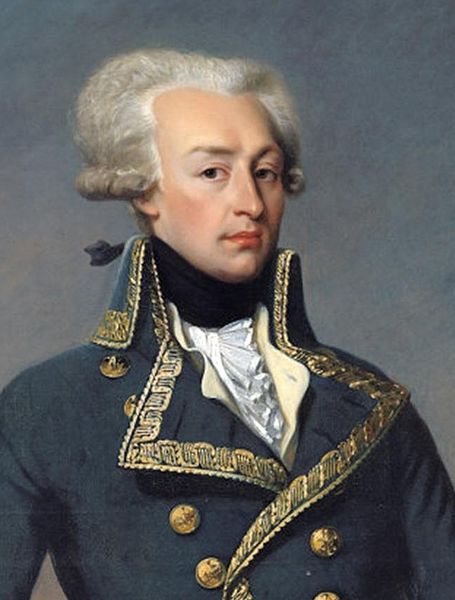
Gilbert du Motier, Marquis de Lafayette, was a military officer and aristocrat who played a crucial role in both the American and French Revolutions. He was a key figure in the early phases of the French Revolution and was known for his advocacy of constitutional monarchy and individual rights.
Lafayette’s popularity grew as he supported the National Assembly and its efforts to limit the power of the monarchy. He played a significant role in drafting the Declaration of the Rights of Man and of the Citizen, which outlined fundamental rights and freedoms for the French people.
However, his attempts to maintain a balance between the monarchy and revolutionary ideals proved challenging as radical factions gained influence.
By 1791, Lafayette’s political stance was becoming more moderate, and he attempted to prevent the radical turn the revolution was taking. He lost influence and fled France in 1792 after being accused of treason by both the radicals and the royalists.
He was captured by Austrian forces and spent several years in captivity before being released in 1797.
5. Camille Desmoulins
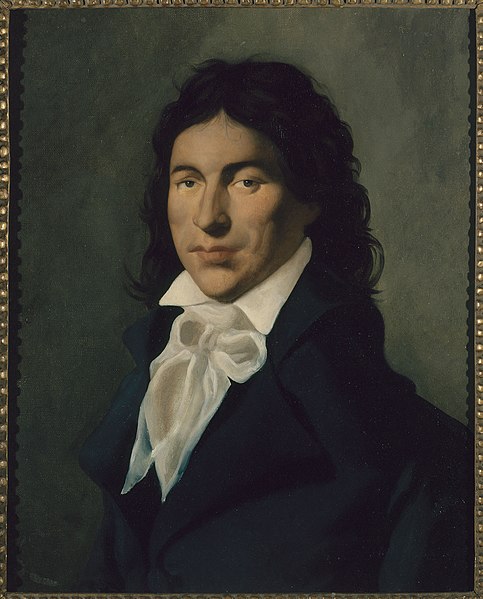
Camille Desmoulins was a journalist, lawyer, and influential figure in the early stages of the revolution. Born in 1760, he was known for his passionate speeches and writings that called for democratic reforms and social justice.
He was a close associate of Robespierre and initially supported the radical measures of the revolution.
Desmoulins played a role in sparking the Storming of the Bastille in 1789, a pivotal event that marked the beginning of widespread protests and uprisings. He was a vocal critic of perceived enemies of the revolution, using his writing to incite public sentiment against them.
However, as the revolution progressed and the Reign of Terror intensified, Desmoulins grew disillusioned with the direction it was taking. He became critical of Robespierre’s authoritarian tendencies and the mass executions.
Despite their previous association, Desmoulins was arrested, tried, and executed on April 5, 1794, during the Thermidorian Reaction.
6. Jean-Paul Brissot
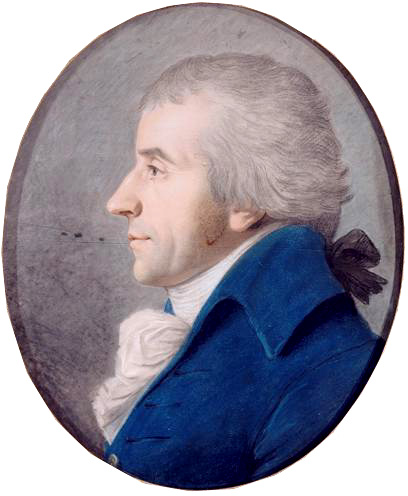
Jean-Paul Brissot was a key figure among the Girondins, a moderate political faction during the revolution. Born in 1754, he was a journalist and activist who advocated for constitutional monarchy and more moderate political reforms.
The Girondins were initially part of the National Convention, a governing body established after the monarchy was abolished.
Brissot and the Girondins supported the war against foreign powers and were critical of the radical policies of the Jacobins. They sought a more decentralized government structure and opposed the extreme measures of the Reign of Terror.
As tensions within the revolutionary government escalated, the Girondins lost influence. Brissot was arrested in 1793 and subsequently executed during the Reign of Terror.
The fall of the Girondins marked a shift towards a more radical phase of the revolution, which ultimately led to the rise of the Committee of Public Safety and the Reign of Terror under Robespierre’s leadership.
7. Olympe de Gouges
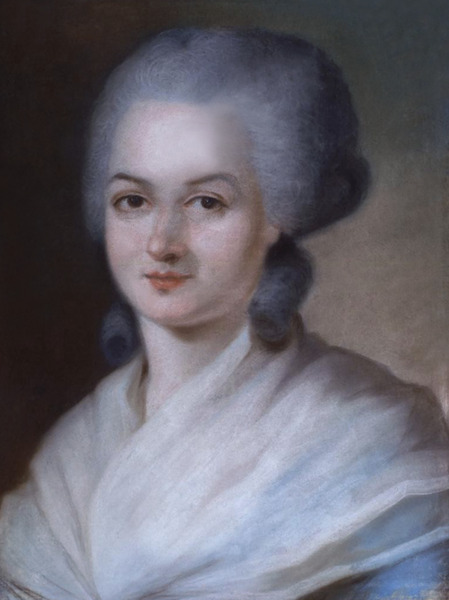
Olympe de Gouges was a notable female writer and activist during the French Revolution. Born in 1748, she was an early advocate for women’s rights and social equality.
In 1791, she published the “Declaration of the Rights of Woman and of the Female Citizen,” which was a direct response to the Declaration of the Rights of Man and of the Citizen. Her declaration argued for women’s equal rights in education, work, and political participation.
Gouges was also critical of slavery and colonization, advocating for the rights of enslaved people and indigenous populations. Her writings and activism challenged the prevailing gender norms and called for greater inclusivity and justice.
Unfortunately, Gouges’ outspoken views and demands for equality put her in conflict with some revolutionary leaders. She was arrested in 1793 for her perceived opposition to the radical government, and she was executed by guillotine on November 3, 1793.
8. Pauline Léon
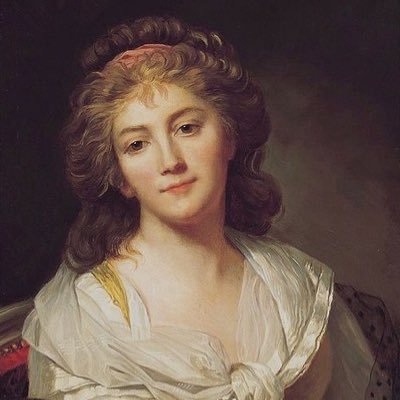
Pauline Léon was another influential woman activist during the French Revolution. Born in 1768, she was a working-class woman who became a vocal advocate for women’s rights and social change.
Léon was a founding member of the Society of Revolutionary Republican Women, an organization that aimed to promote women’s political participation and fight for their rights.
Léon and her fellow activists organized rallies, marches, and petitions to demand greater gender equality and representation. They advocated for women’s involvement in the political process and for access to education and employment opportunities.
However, as the revolution turned more radical, the Society of Revolutionary Republican Women faced opposition from both conservative forces and radical factions. The society was disbanded, and Léon’s influence diminished. Despite this, her efforts paved the way for future generations of women’s rights activists.
